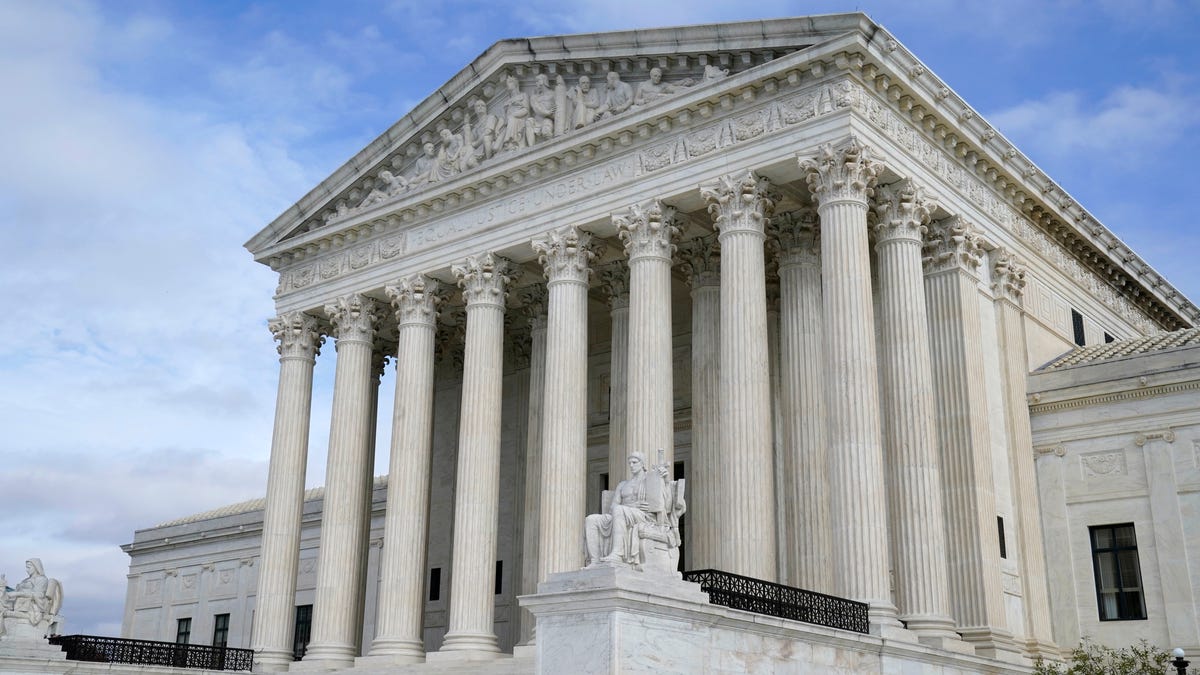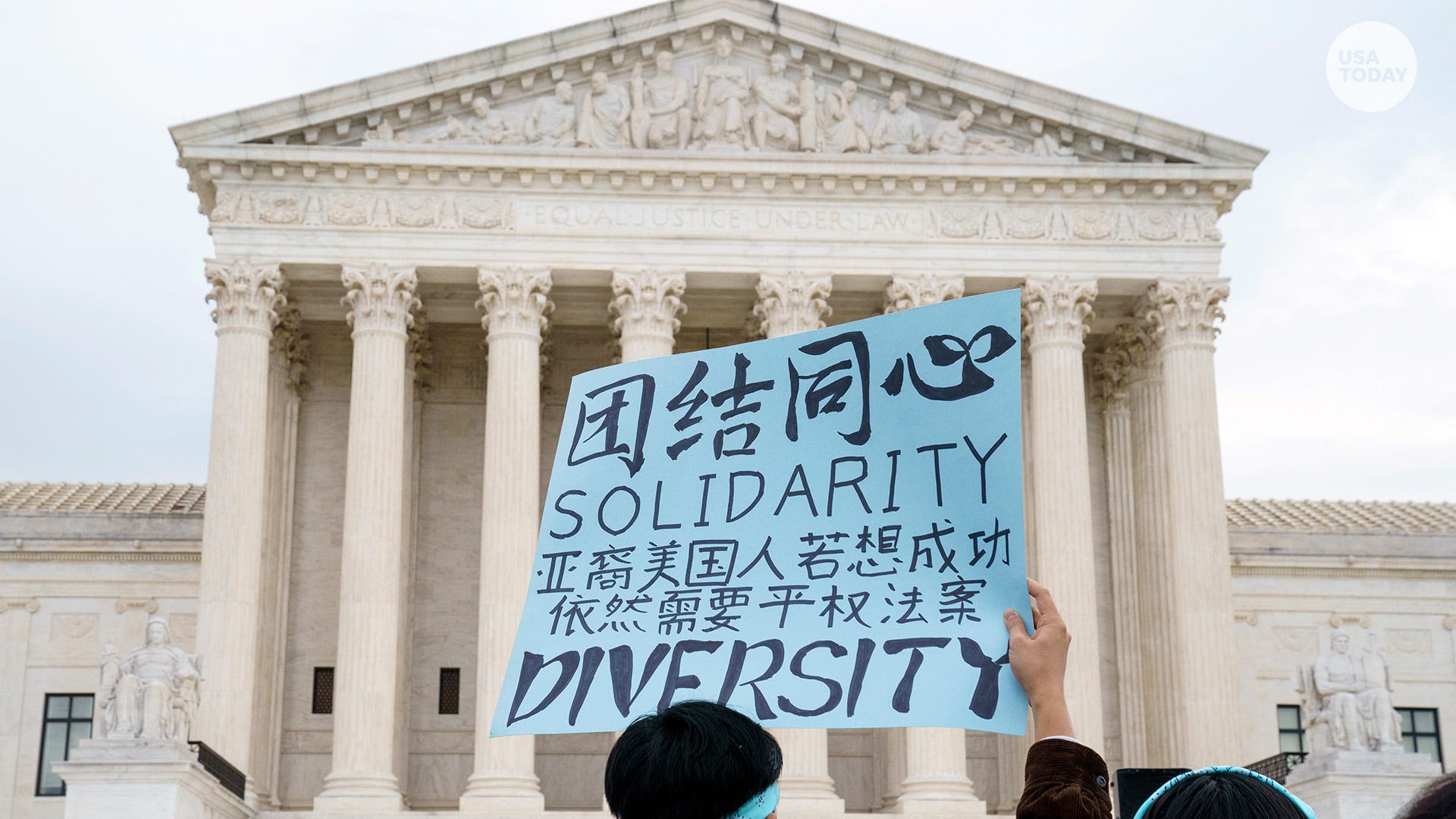

Affirmative action: Supreme court hears arguments from UNC and Harvard
Supreme Court is debating two affirmative action cases that could have deep implications for diversity on campuses and in the workplace.
Cody Godwin, USA TODAY
WASHINGTON – The Supreme Court on Thursday agreed to hear oral arguments about President Joe Biden’s student loan forgiveness program, an important step toward resolving a months-long legal battle over whether the administration exceeded its authority when it decided to wipe out debt owed by tens of millions of Americans.
In a brief order, the high court kept the program’s implementation on pause – for now. That means Biden will continue to be blocked from implementing loan forgiveness at least until the Supreme Court rules next year. The court said it would hear arguments in the litigation as soon as February.
Six conservative states – Arkansas, Iowa, Kansas, Missouri, Nebraska and South Carolina – told the Supreme Court that Biden overstepped his legal authority with the program and violated the constitutional principle of separation of powers by embarking on a loan forgiveness program estimated to affect 40 million Americans.
Biden enacted the debt relief plan under the HEROES Act, which was passed after 9/11 sparked an American-led military campaign against terrorism. The act gives the president authority to forgive student loan debt in association with military operations or national emergencies, the administration has argued.
The Department of Education has asserted the law allows loan forgiveness for Americans dealing with financial hardship because of the COVID-19 pandemic.
While the court declined a request from the administration to temporarily revive the program while it considers the case, the Biden administration already has extended a pause on student loan payments until as late as June 30, 2023.
A federal judge in Missouri dismissed the states’ request to block the program in October, ruling that they lacked standing to sue. While their case presented “important and significant challenges to the debt relief plan,” the trial court ruled, “the current plaintiffs are unable to proceed.” On appeal, the St. Louis-based U.S. Court of Appeals for the 8th Circuit sided with the states’ request to temporarily halt the program.
The Biden administration appealed that decision to the Supreme Court.
Biden’s plan would cancel up to $20,000 in student loan debt for Pell Grant recipients and $10,000 for other borrowers, for people earning up to $125,000 a year or part of a household where total earnings are no more than $250,000.
A U.S. District Court in Texas had also halted the program in a separate lawsuit. The New Orleans-based U.S. Court of Appeals for the 5th Circuit late Wednesday declined a request from the Biden administration to stay that decision and that case may also be appealed to the Supreme Court.
The case filed by the states is the third time that the loan forgiveness program has come before the Supreme Court. Associate Justice Amy Coney Barrett denied an emergency appeal from a Wisconsin taxpayer group Oct. 20. Barrett denied the request to block the program without explanation, as is often the case on the court’s emergency docket.
She denied a second challenge to the program on Nov. 4. A conservative legal group had filed an emergency appeal on behalf of two people entitled to “automatic” cancellation of their debt. The plaintiffs had claimed that the automatic cancellation of their debt would create “excess tax liability under state law.”
But those earlier denials, made on procedural grounds, provide few if any clues to the court’s view about the loan program’s legality. The high court’s 6-3 conservative majority has, in fact, been skeptical of efforts by presidential administrations to approve sweeping policies absent express authorization from Congress.
Major questions: Supreme Court rules against EPA effort to regulate power plant emissions
The Supreme Court, in January, halted Biden’s COVID-19 vaccine-or-testing mandate for large employers. And in June, the high court shot down an Environmental Protection Agency effort to curb power plant emissions. Last year, it blocked Biden’s eviction moratorium on similar grounds.
Those decisions follow a years-long push by conservatives to curb the “administrative state.” They argue federal agencies should have less power to act unless there’s clear congressional approval. The Supreme Court bolstered that approach in June by relying on the “major questions doctrine” to decide a climate change case.
